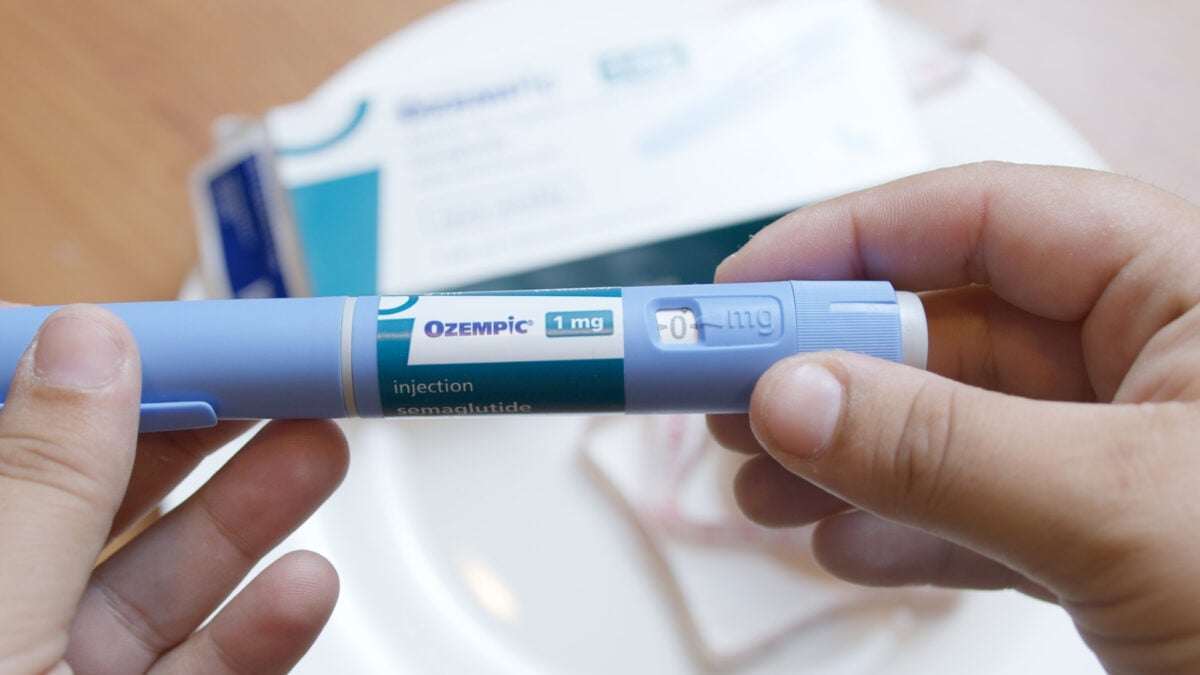NEW YORK CITY – In a groundbreaking study, bariatric surgery has been shown to significantly outperform GLP-1 medications in real-world weight loss scenarios. Researchers from New York University revealed that patients undergoing surgery lost five times more weight than those on the latest GLP-1 drugs.
Immediate Impact
The study, conducted by scientists at New York University, analyzed data from obesity patients and found that those who opted for bariatric surgery experienced far greater weight loss over a two-year period compared to their counterparts on GLP-1 drugs. The research suggests that these medications, while promising in clinical trials, may not deliver the same results in everyday settings.
Key Details Emerge
Senior study researcher Karan Chhabra, a bariatric surgeon and assistant professor at the NYU Grossman School of Medicine, emphasized the importance of real-world data. “I think the takeaway is when you see a new popular drug come out, you have to take it with a grain of salt,” Chhabra told Gizmodo. He highlighted the necessity of waiting for real-world data to temper expectations set by clinical trials.
By the Numbers
58 pounds: Average weight loss for surgical patients over two years.
12 pounds: Average weight loss for GLP-1 patients over the same period.
5 times: The difference in weight loss between surgery and GLP-1 drugs.
Industry Response
Bariatric surgery, particularly sleeve gastrectomy and gastric bypass, remains a leading treatment for obesity. Patients typically lose between 20% and 30% of their baseline weight, with long-term health improvements. In contrast, newer GLP-1 drugs like semaglutide have shown 10% to 20% weight loss in trials but fall short in practice.
Expert Analysis
Chhabra and his team examined over 50,000 medical records from NYU Langone Health and NYC Health + Hospitals, comparing outcomes for patients who underwent surgery or received GLP-1 therapy. Despite adjustments for age, BMI, and health conditions, surgical patients consistently achieved greater weight loss.
Background Context
The rise of GLP-1 drugs, including semaglutide and tirzepatide, has shifted obesity treatment paradigms. These medications are often more effective and safer than previous non-surgical options. However, Chhabra notes that many patients discontinue use due to side effects or cost, with some never reaching the maximum dose.
What Comes Next
Chhabra’s team plans further analysis to understand why GLP-1 therapy underperforms in real-world settings. They aim to identify factors contributing to the discrepancy between clinical trial results and everyday outcomes.
While the study underscores the effectiveness of bariatric surgery, it also highlights the need for realistic expectations and informed decision-making regarding obesity treatments. Patients must weigh the pros and cons of each option, considering personal circumstances and potential outcomes.
“We don’t yet have any protocols for people to maintain weight loss once they’ve stopped medications,” Chhabra remarked, stressing the importance of acknowledging treatment realities. The findings were presented at the American Society for Metabolic and Bariatric Surgery’s annual meeting, sparking discussions on future obesity management strategies.
